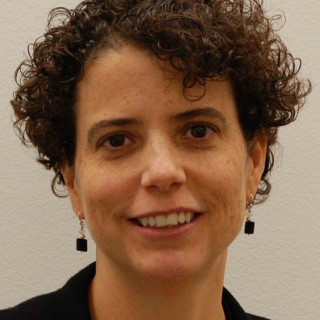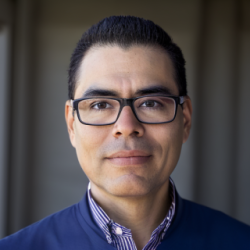Though the weather in San Antonio this past week was a little cooler and windier than expected, it was warmer than the single-digit temperatures outside my home as I write this in Eagle River, Alaska. As I reflect on this amazing meeting, I want to provide an overview of the diversity of hot topics discussed at the 2023 Annual Meeting of the American Academy of Allergy, Asthma, and Immunology. This is best exemplified in the plenary sessions. The meeting opened on Friday with a Presidential Plenary on Drug Allergies. This was not surprising given career-long interest of the outgoing president, Dr. David Kahn, in drug allergies. We heard updates on AERD and SCAR then Dr. Khan wrapped up the session with a very practical overview of the recently published Drug Allergy Practice Parameters and how to apply them to clinical practice. If you care for patients with medication allergies, be sure to review these new practice parameters. Saturday's plenary addressed the hot topic of climate change and environmental hazards and their effect on allergic diseases. Issues addressed covered pollutants, chemicals, and wildfire smoke. Sunday's plenary provided new research on atopic dermatitis (AD) and how to take that research from bench to bedside. It concluded with a discussion of the updated AD practice parameters expected to be published in late 2023 to early 2024. Monday's plenary kicked off the meeting's last day with a very informative session on food allergies. We are quickly learning the immunologic effects of treating food allergies with oral immunotherapy and how to apply this to our patients in the clinic.
The highlight of the meeting, however, was the Saturday keynote. It is not often one sees a standing ovation with applause and whistles at a medical conference. We were honored to have Peter Hotez, MD, PhD, speak on global vaccines and vaccinations. He addressed the concerns of anti-vaccine sentiment and the alarming rise in anti-vaccine and anti-science sentiment. He was willing to discuss the politicization of these topics that many avoid considering. He has published on these topics and was interviewed previously for the AAAAI podcast "Conversations from the World of Allergy." Be sure to check out that episode. His next book, “The Deadly Rise of Anti-science: A Scientist's Warning,” is due out later this year.
These are interesting times to be a clinician. We face numerous challenges in the clinical setting, are overburdened by regulations while facing reimbursement cuts, and face an all-time high of c;inician burnout. Never before in my career have we seen such political division seep into clinical care and divide our patients and our country as a whole. I leave this meeting, however, feeling invigorated and optimistic. Optimistic about my ongoing role in allergy/immunology care and hope for our patients and communities.
Dr. Rathkopf has no conflicts of interest to report.







